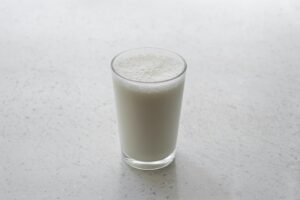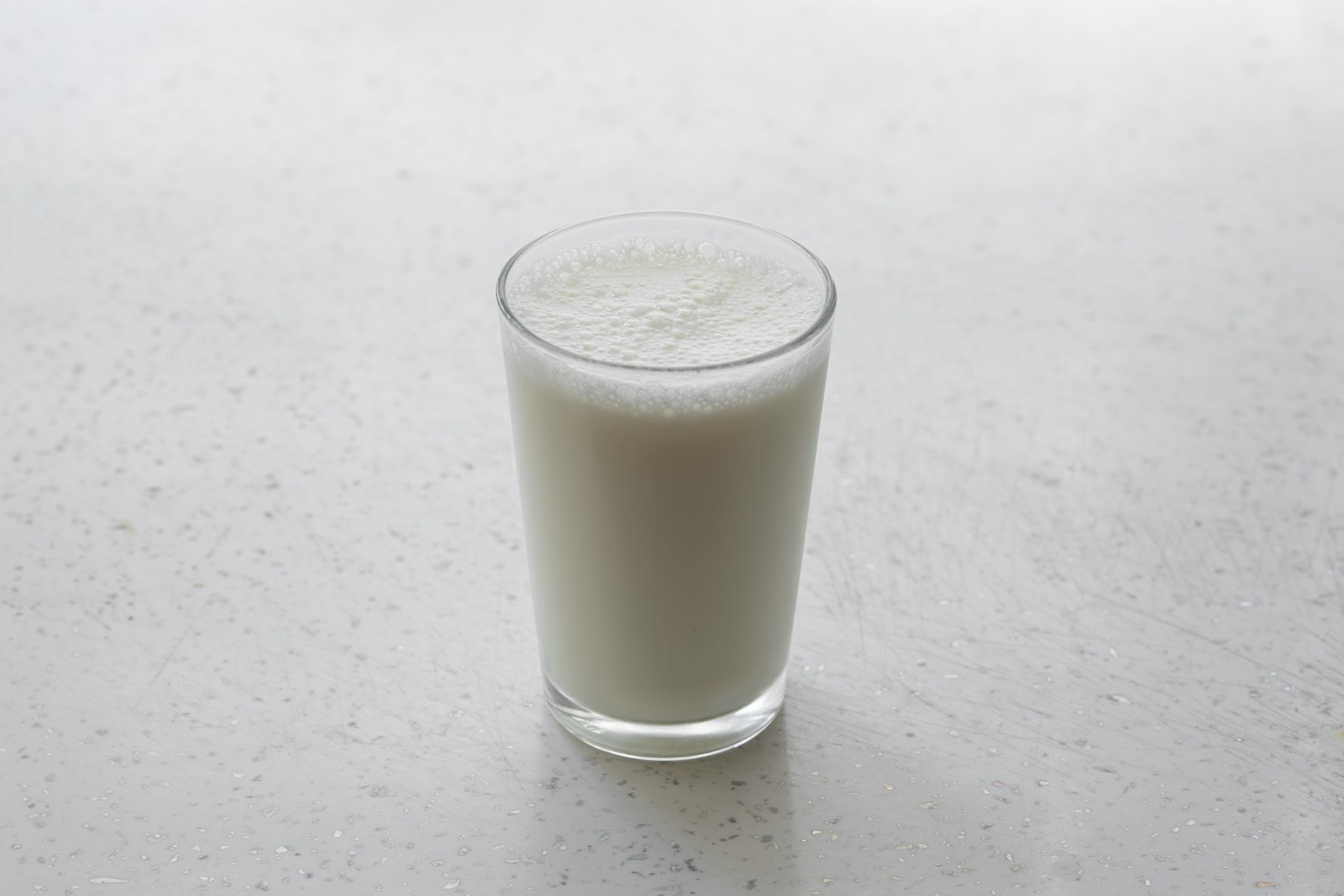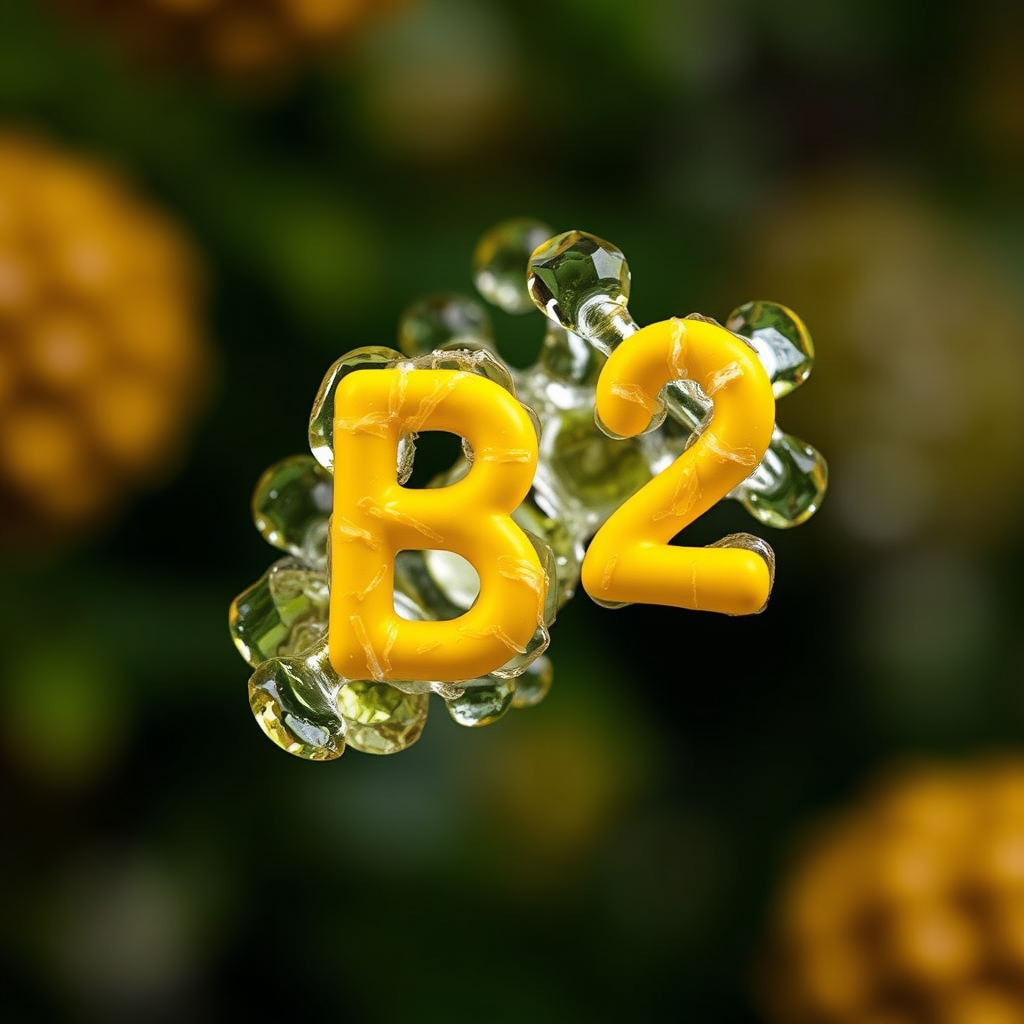What Calcium Can Do For Your Health?
There is more calcium in the body than any other mineral. Calcium and phosphorus work together to create healthy bones and teeth. Calcium and magnesium together contribute to the health of the cardiovascular system. Almost all calcium in the body (kilogram to kilogram and a half) is found in bones and teeth. Twenty percent of adult bone calcium is reabsorbed and replaced every year (new bone cells are created when old ones break down). Calcium must exist in a ratio of two to one to phosphorus (two parts of calcium to one part of phosphorus). For calcium to be absorbed, there must be enough vitamin D in the body. The recommended daily dose of calcium for adults is from 800 to 1200 mg.

Calcium maintains strong bones and healthy teeth. It maintains an even rhythm of the heart. Alleviates insomnia, and supports the metabolism of iron in the body. Helps your nervous system, especially when transmitting impulses.
Diseases that arise due to lack of calcium are rickets, osteomalacia, and osteoporosis – commonly known as brittle bones.
The best natural sources of calcium are milk and milk products, all kinds of cheese, soybeans, sardines, salmon, peanuts, walnuts, sunflower seeds, and green
Warning – excessive daily doses of over 2000 mg can lead to hypercalcemia.
large amounts of fat, oxalic acid (found in chocolate) rhubarb, and hexaphosphoric acid (found in cereal grains) can prevent complete absorption of calcium.
Personal Advice
If you feel back pain, supplements of dolomite, chelated calcium, or bone meal can be helpful. People who suffer from menstrual cramps often find relief when they increase the amount of calcium taken. Young people who suffer from “growing pains” will usually find that they disappear when calcium consumption is increased. Hypoglycemics can consume more calcium. (I recommend chelated calcium for better absorption in doses of 1000 to 1500 mg per day). Calcium works best with vitamins A, C, and D; iron, magnesium, and phosphorus. (too much phosphorus, however, can cause a lack of calcium).














Post Comment